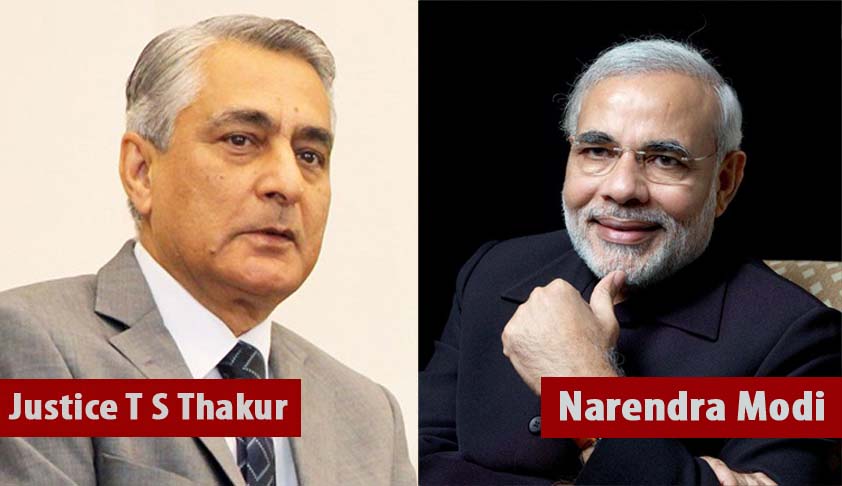Why No Collegium Recommendation Yet To Fill 7 SC Vacancies: Law Ministry
LIVELAW NEWS NETWORK
29 Nov 2016 9:59 PM IST

Next Story
29 Nov 2016 9:59 PM IST
“The government is being unfairly accused of delaying appointment of judges while we have done our best. We appointed 120 judges to the High Courts this year, the second highest so far. 121 was appointed in 2013. This is against an annual average of just 80 appointments since 1990. We are saying this after pulling out records since 1990”, Law Ministry source.In a fresh round of tiff...
